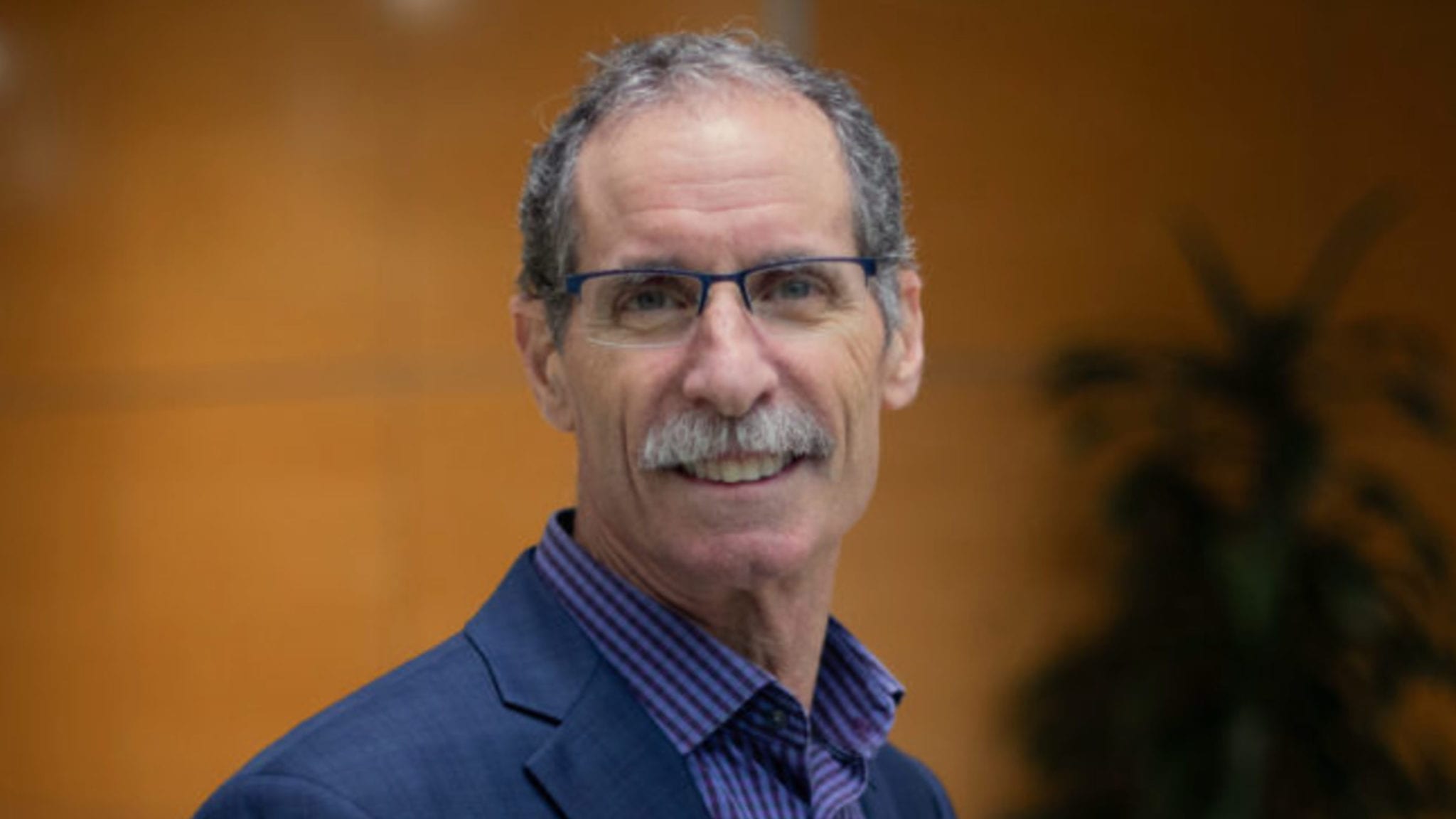
Art Levin (Avidity Biosciences)
#JPM21: Avidity CSO Art Levin runs full speed to the clinic with 'dream' antibody oligonucleotide conjugate therapy
Art Levin is living his “scientist’s dream come true.”
The Avidity Biosciences CSO set out years ago to build a new class of oligonucleotide-based therapies …
Sign up to read this article for free.
Get free access to a limited number of articles, plus choose newsletters to get straight to your inbox.